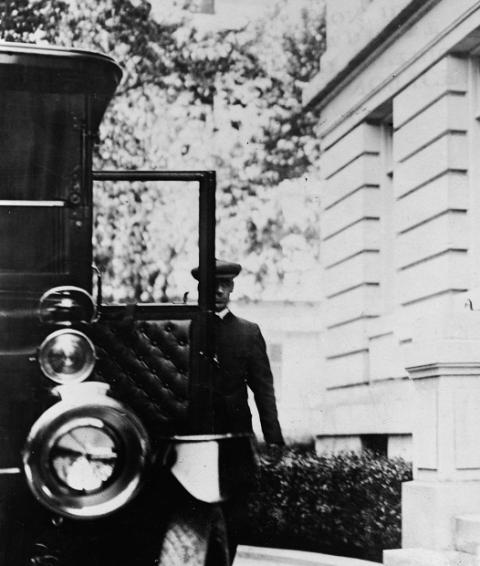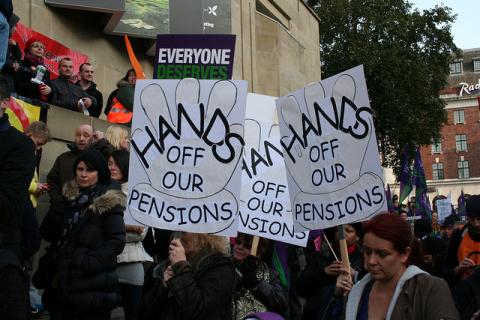The Robot Will See You Now
The Atlantic
"In Brazil and India, machines are already starting to do primary care, because there’s no labor to do it,” says Robert Kocher, an internist, “They may be better than doctors. . ." The rising costs of health care, an aging population in the United States and other nations, are spurring investments into the development of sophisticated machines that will be able to perform tasks now done by highly skilled workers. What may be the impact on the healthcare workforce?







Spread the word